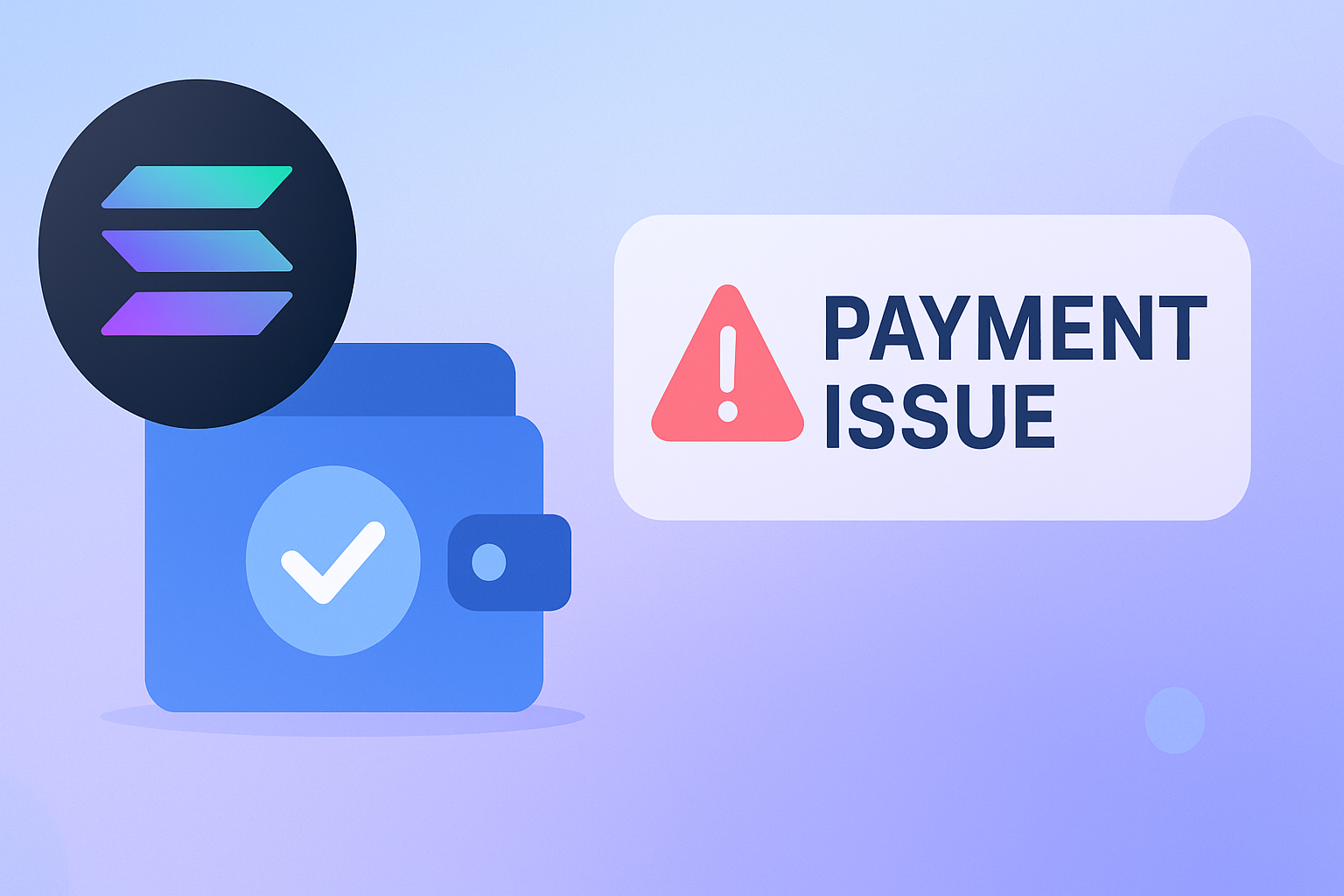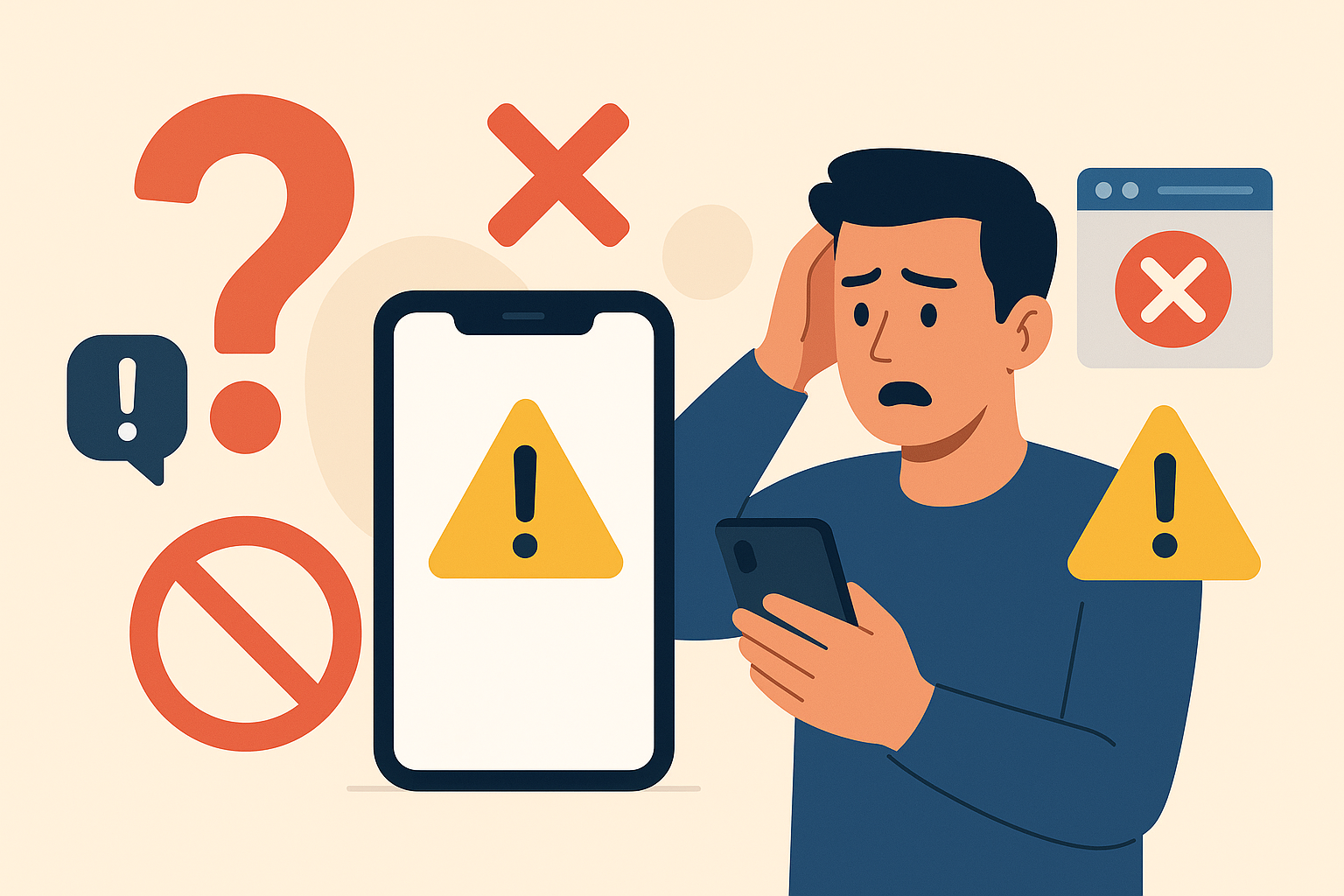Web scraping has become an essential tool for gathering data from websites, whether it’s for market research, content aggregation, or competitor analysis. However, as more websites implement measures to block bots, the location of your proxy can make or break the success of your scraping efforts. In this post, we'll dive into why proxy location matters and how it affects your ability to scrape effectively.
What is a Proxy in Web Scraping?
A proxy acts as a middleman between your scraping tool and the website you're targeting. Instead of the website seeing your actual IP address, it sees the IP of the proxy server. This can help you avoid IP bans, scrape geo-specific content, and maintain anonymity.
How Proxy Location Impacts Scraping Success
1. Accessing Geo-Restricted Content
Many websites display different content based on a user's location. For example, an e-commerce site may show different prices or product availability depending on where the visitor is. Using a proxy located in the right region ensures you’re seeing the same data a local user would see, which is critical for accurate data collection.
2. Speed and Latency
Proxies located far from the website’s server can slow down your scraping efforts due to increased latency. If the website is hosted in the U.S. and you're using a proxy in Asia, the delay in communication can lead to slower scraping speeds. Using a proxy closer to the website’s server can significantly reduce response times, speeding up your data collection.
3. Avoiding IP Bans and CAPTCHAs
Some websites are sensitive to unusual traffic patterns. If your scraping traffic comes from a proxy in a country that rarely accesses the site, it might raise suspicion, leading to CAPTCHAs or even an outright block. For instance, scraping a U.S.-based site with a proxy in a less common region like South America could trigger such defenses. Using proxies in regions where the site expects regular traffic can help avoid this.
Choosing the Right Proxy Location
When deciding on proxy locations, here are a few tips to keep in mind:
- Target region-specific content: Use proxies in the same region as the website’s audience to ensure accurate data.
- Minimize latency: Choose proxies geographically closer to the website for faster scraping.
- Avoid red-flag regions: Some countries may have a reputation for suspicious traffic, leading to higher chances of being blocked.
Final Thoughts
Proxy location plays a vital role in the success of your web scraping efforts. It influences everything from the data you can access to the speed of your scraping and the likelihood of avoiding detection. By selecting the right proxy locations, you can improve your chances of gathering accurate, timely data without hitting roadblocks.





